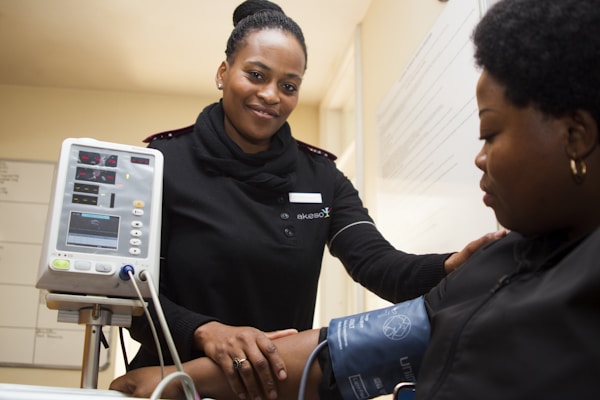As the healthcare landscape continues to evolve, so does the need for evidence-based decision-making. Health technology assessment (HTA) is a tool that healthcare providers can use to evaluate health technologies’ clinical and economic impact. HTA can help identify which technologies are most likely to improve patient outcomes and be cost-effective. Keep reading to learn more about health technology assessment in healthcare.
What is a health technology assessment?

HTA is the process of systematically evaluating new healthcare technologies and therapies to determine their safety, efficacy, and cost-effectiveness. Healthcare providers can use the information from HTAs to make informed decisions about technologies and therapies to use in their practice. Healthcare providers are increasingly using health technology assessment to assess new technologies’ clinical and cost-effectiveness and make decisions about which technologies to adopt. HTAs are typically conducted by a panel of experts who review the available evidence on the technology in question. The panel may also consult patients, caregivers, and other stakeholders.
One advantage of using HTA is that it can help identify potential harms associated with new technology. For instance, a recent HTA found that spinal cord stimulation may not be as effective as previously thought for treating chronic pain. The panel conducting the HTA also identified potential risks associated with spinal cord stimulation, such as infection and implant failure. Another advantage of using HTA is that it can help reduce healthcare costs. HTAs can help reduce unnecessary medical procedures and improve care coordination.
What are the benefits of using HTA by healthcare providers?
The use of health technology assessment by healthcare providers is a valuable tool to help them make informed decisions about the best course of treatment for their patients. HTAs are comprehensive evaluations of new and existing technologies that assess their clinical effectiveness, costs, and impact on the healthcare system. They can inform coverage decisions by payers, treatment guidelines by professional societies, and clinical practice by individual providers. Benefits of using HTA include:
- Improved patient care due to better-informed decision-making;
- Increased efficiency and cost savings in the delivery of healthcare; and
- More equitable access to treatments, based on evidence rather than on factors such as geography or ability to pay.
HTAs are critical in an era of rapid technological change, where new medical devices and treatments are being developed and introduced at a dizzying pace. They can help ensure that patients have access to the most effective therapies while also controlling costs.
What are the key components of an effective HTA process?

The key components of an effective HTA process are establishing a clear purpose and scope, assembling a multidisciplinary team, conducting a comprehensive literature review, using appropriate analytical methods, interpreting results and communicating findings, and incorporating stakeholder feedback.
Establishing a clear purpose and scope is essential for ensuring that the HTA is conducted effectively and efficiently. The purpose should be clearly defined, and the scope should be limited to the evaluated technologies. Assembling a multidisciplinary team is important for obtaining a variety of perspectives on the technology under evaluation. The team should include experts in clinical care, technology assessment, epidemiology, health economics, and patient engagement.
Conducting a comprehensive literature review is critical for obtaining an accurate understanding of the evidence on the technology under evaluation. Appropriate analytical methods should be used to assess the clinical and cost-effectiveness of the technology. Effectively interpreting results and communicating findings is essential for ensuring stakeholders understand the HTA findings’ implications. Incorporating stakeholder feedback helps ensure that decision-makers are responsive to stakeholder concerns.
The use of health technology assessment by healthcare providers is crucial to ensure that the best possible care is being provided to patients. By using health technology assessment, providers can evaluate the latest technologies and treatments available and decide which ones to use in their practice. This can help ensure that patients get the most effective care possible and that resources are used wisely.
